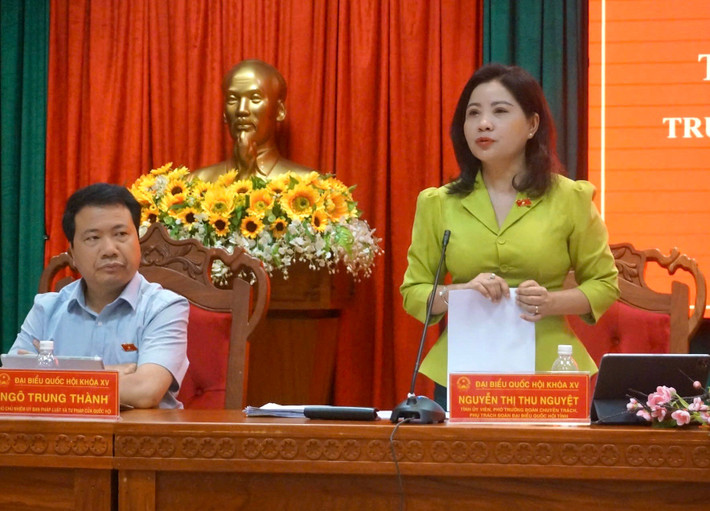
Over budget burden and resource problem
At the conference, after informing voters about the content of the 9th Session of the 15th National Assembly, the National Assembly Delegation of Dak Lak province directly listened to voters' opinions and recommendations on the difficulties and problems of the health sector.
One of the biggest problems at present is the situation of exceeding the budget for medical examination and treatment under health insurance. A representative of the Central Highlands General Hospital said that in 2023, the unit exceeded the budget by about 32 billion VND, and in 2024, it is expected to exceed by another 21-22 billion VND, bringing the total to nearly 54 billion VND. This is a very large number, causing no small pressure on ensuring medicine, medical supplies and payment of benefits for staff.
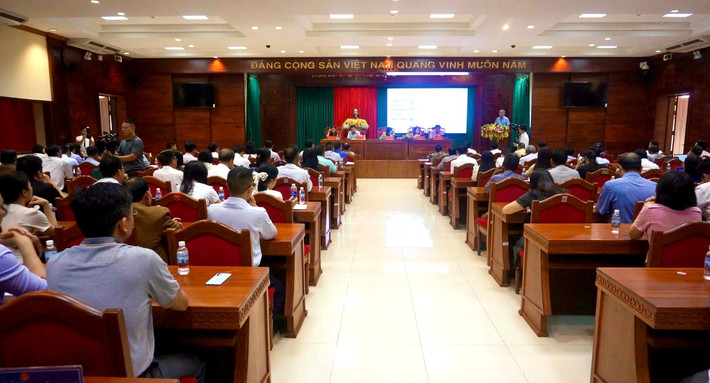
Although the overspending has been determined by professional agencies to be due to objective reasons and fully explained, the handling process is too complicated and lengthy, affecting the proactive operation of medical facilities. Having to wait for approval from multiple levels puts hospitals in a state of “patchwork”, even having to borrow money to maintain minimal operations.
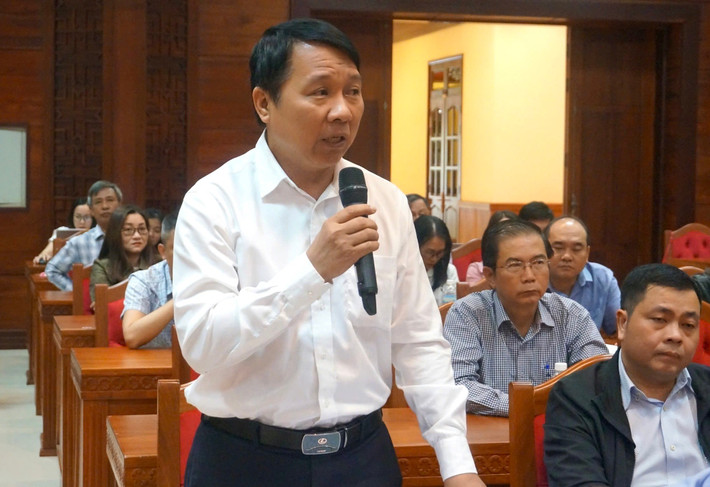
Faced with this reality, medical facilities recommend that the Government and relevant ministries and sectors promptly study and shorten the payment process for excess budgets, or allow advance payments when there is confirmation from provincial-level inter-sectoral agencies. This is not only a temporary solution but also an urgent requirement to ensure that medical examination and treatment activities are not interrupted.
Need breakthrough policy
Along with financial pressure, many medical facilities are facing a shortage of doctors, especially in remote areas. A representative of Dak Lak Mental Hospital shared that the unit currently has 100 employees, but only 14 doctors, of which 4 are not qualified to practice independently. The training period for doctors lasts up to 4-5 years, while many people leave the unit immediately after completing their commitment, despite receiving support from the local budget.
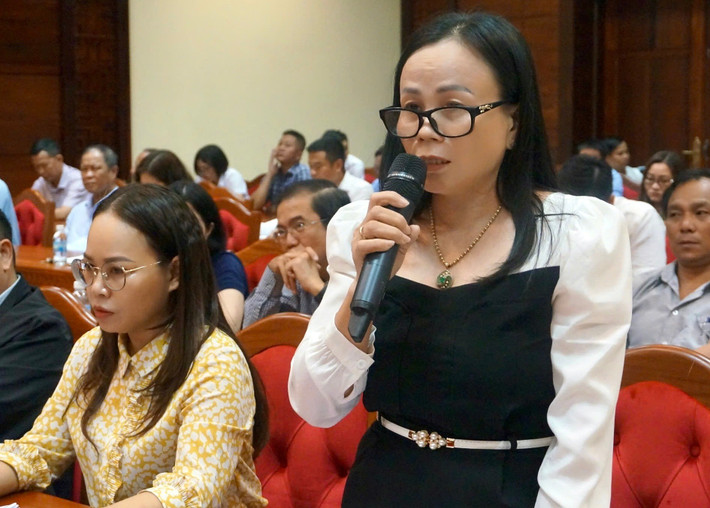
Faced with this situation, delegates proposed the need to adjust the remuneration policy towards sustainability, flexibility, and long-term responsibility and benefits. Some specific recommendations include: allocating monthly allowances instead of one-time payments; extending the service commitment period; creating favorable housing and living conditions for medical staff in disadvantaged areas...
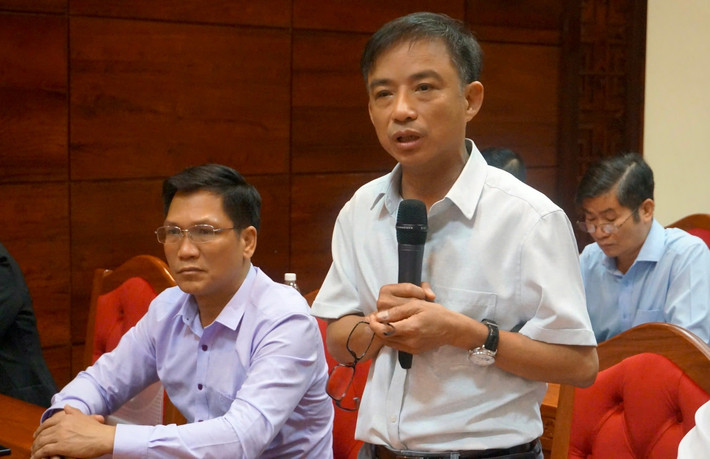
The issue of equipment investment was also highlighted by voters, especially high-tech equipment such as dialysis machines, CT scanners, MRI machines, etc. Due to difficulties in the bidding mechanism, many hospitals, despite having the need and revenue, cannot make timely purchases. In particular, low-cost, low-demand materials are even more difficult to attract contractors' attention, affecting emergency and intensive treatment work.
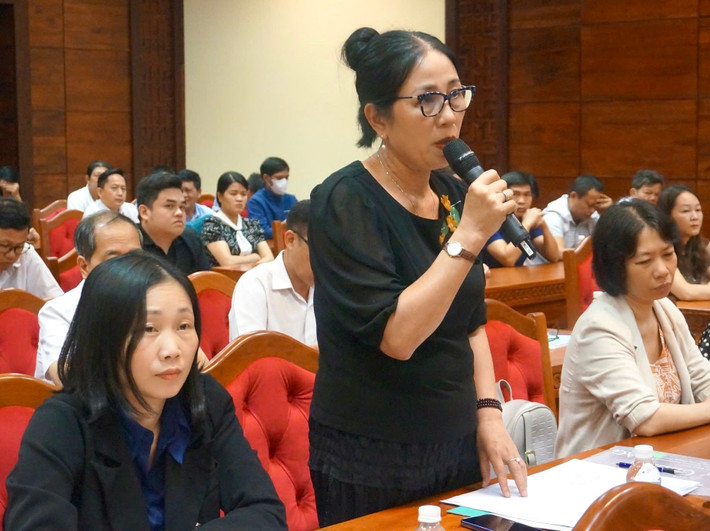
Along with that are the shortcomings in the organization of the grassroots health system, especially when implementing the two-level government model in localities. The Dak Lak health sector recommends that in the process of amending regulations on the organization of local governments, it is necessary to clarify the functions and tasks of commune and district health to avoid overlap and discontinuity in direction and management.
Another issue that health sector voters are interested in is the connection, security and synchronization of health data with the personal identification system. Health facilities believe that close coordination is needed between the health sector, the Ministry of Public Security and the Social Insurance to ensure accuracy and connectivity in management and serve people more effectively.
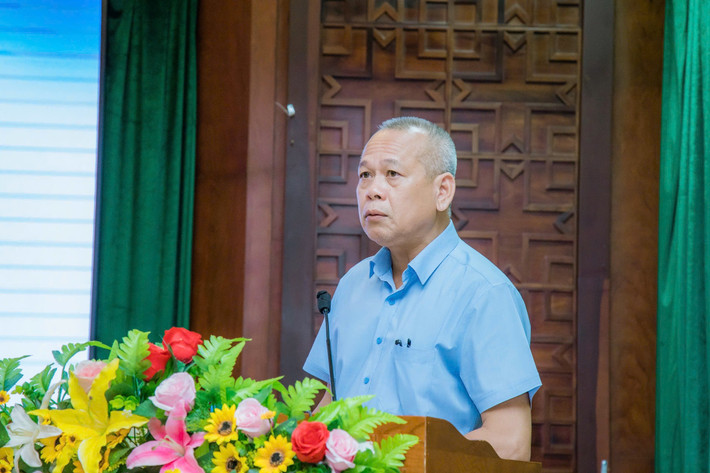
Speaking at the conference, Deputy Head of the National Assembly Delegation of Dak Lak Province Nguyen Thi Thu Nguyet acknowledged and highly appreciated the efforts and results that the provincial health sector has achieved in the past time; at the same time, shared the difficulties and challenges that the medical staff are facing. She suggested that the health sector continue to pay attention to and promptly encourage medical staff, especially those working at specialized and special hospitals, to feel secure in their work and to commit to the profession for a long time. Along with that, it is necessary to promote the spirit of initiative, responsibility and professional courage, to better perform the task of caring for and protecting people's health.
All opinions and recommendations at the conference will be compiled by the provincial National Assembly Delegation and forwarded to competent agencies for consideration and resolution according to regulations; at the same time, they will be reflected to the National Assembly and central ministries and branches at the next session.
Source: https://daibieunhandan.vn/thao-go-diem-nghen-de-y-te-co-so-phat-trien-ben-vung-post409919.html






![[Photo] Ready for the top competitions of Vietnamese table tennis](https://vphoto.vietnam.vn/thumb/1200x675/vietnam/resource/IMAGE/2025/5/18/9c547c497c5a4ade8f98c8e7d44f5a41)
![[Photo] General Secretary To Lam visits exhibition of achievements in private economic development](https://vphoto.vietnam.vn/thumb/1200x675/vietnam/resource/IMAGE/2025/5/18/1809dc545f214a86911fe2d2d0fde2e8)



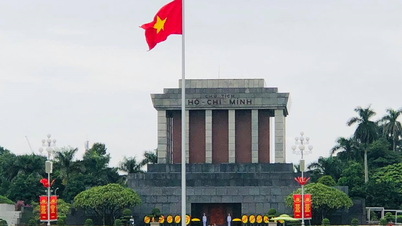















![[Photo] National conference to disseminate and implement Resolution No. 66-NQ/TW and Resolution No. 68-NQ/TW of the Politburo](https://vphoto.vietnam.vn/thumb/1200x675/vietnam/resource/IMAGE/2025/5/18/adf666b9303a4213998b395b05234b6a)
















































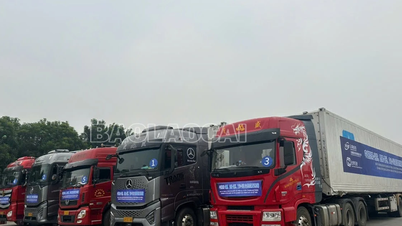














Comment (0)